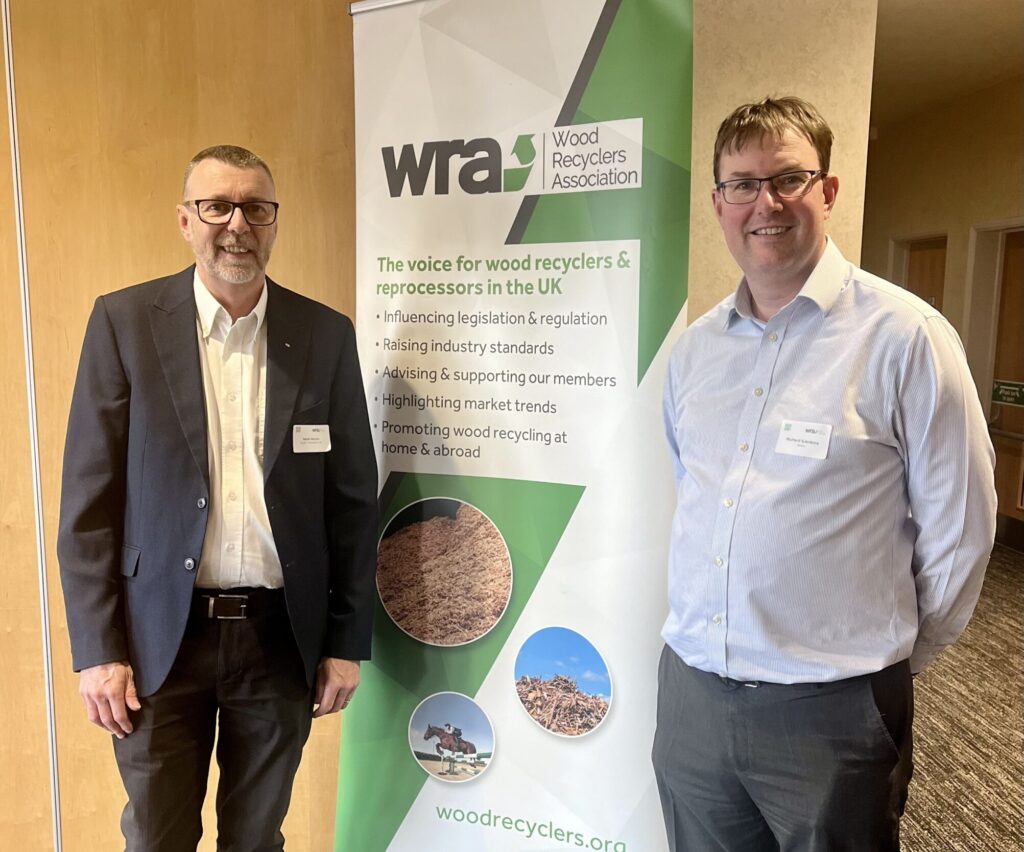Revised controls on the short-term storage of both refuse derived fuel (RDF) and chipped wood waste have been outlined by the Environment Agency in new regulatory position statements.
The Environmental Permitting (England and Wales) Regulations 2010 (EPR) allow for the storage of certain wastes at a dockside prior to import or export to take place under an exemption. A low-risk position on RDF was adopted by the Agency in 2011 and for chipped waste wood in 2010, but these have now both been withdrawn and replaced.

According to the Agency, the decision to update the regulatory position statements follows unacceptable environmental impacts of the storage of waste wood and RDF at some sites operating under the previous position statements.
Both statements cover short-term storage and do not apply to intermediate storage sites, which remain subject to existing permit controls.
For both RDF and chipped wood waste storage, the Agency states that will not normally take enforcement action unless the activity has caused, or is likely to cause, pollution or harm to health.
Both regulatory positions will be reviewed by January 2015.
Chipped wood
In the case of chipped waste wood, the Agency said that evidence of unacceptable environmental impacts on amenity (dust) and risk of fire caused by poor storage arrangements at sites operating under the previous position had led to its decision to update the regulations.
The regulation states that operators will require a permit where the total amount of chipped wood waste stored at any one time exceeds 8,000 tonnes and is stored at the location for longer than three months.
Below these thresholds, however, the statement requires written systems: to prevent, detect and mitigate fires; to ensure waste is rotated so that oldest material is shipped first; and includes specific guidance on how the material should be stored and where.
The Agency first announced a significant tightening of the rules governing the use of chipped wood waste at the dockside in February 2011, which caused concern among some recyclers who feared that the regulations could damage the waste wood export market through more red tape and higher costs (see letsrecycle.com story).
Peter Butt, executive director of trade body the Wood Recyclers Association (WRA), told letsrecycle.com he was currently seeking views from members on the latest Agency regulatory statement.
RDF
The Agency said evidence of poor operating standards, inadequate containment, storage of inappropriate types of waste in excessive quantities and local amenity problems such as odour, pests and flies had led to the decision to replace current regulatory statement on short-term dockside RDF storage.
There have been a number of high profile cases involving illegal RDF storage at docks. Last month, two former directors of Leeds Paper Recycling Ltd were handed suspended jail sentences for storing waste at two sites one of which was Goole Docks in Yorkshire without the required environmental permits (see letsrecycle.com story).
The Agency states that permits will not be required when RDF stored at any one time does not exceed 10,000 tonnes and is stored for no longer than three months in a secure place. Furthermore, a permit will not be required if RDF stored at the dockside ready for export has previously been stored for no more than four weeks after prior processing.
The statement also provides specific guidance on how RDF bales should be wrapped and in what conditions they should be stored and where.
However, director at Andusia Recovered Fuels Ltd, Steve Burton told letsrecycle.com that the latest regulatory statement appeared to show only minor changes to make requirements more rigorous for RDF stored within Groundwater Protection Zones areas used for public drinking water supply.
He said: All-in-all, there are no real requirement changes of any significance, as you will see, except for a distinction in storage requirements depending on Groundwater Protection Zones.






Subscribe for free